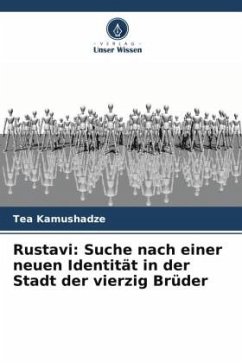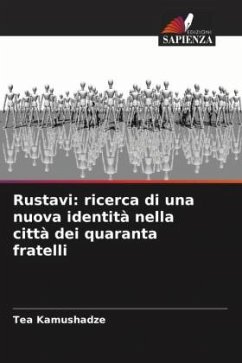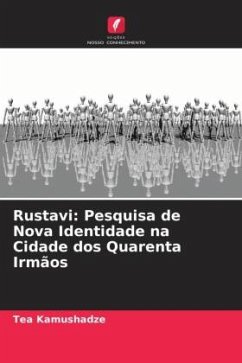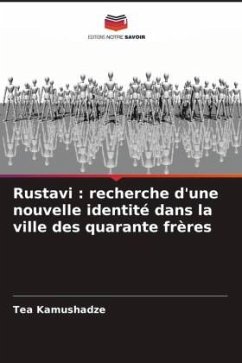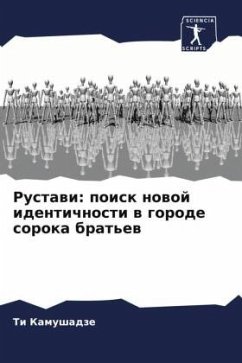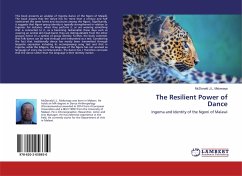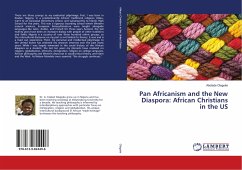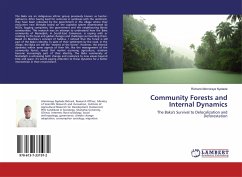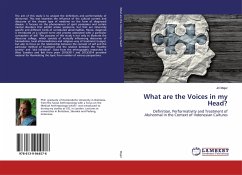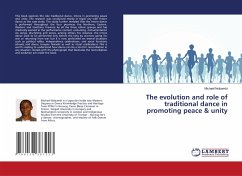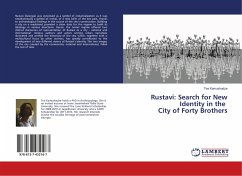
Rustavi: Search for New Identity in the City of Forty Brothers
Versandkostenfrei!
Versandfertig in 6-10 Tagen
19,99 €
inkl. MwSt.

PAYBACK Punkte
10 °P sammeln!
Rustavi (Georgia) was conceived as a symbol of industrialization as it was simultaneously a symbol of revival, of a new birth of the lost past, thanks to archaeological findings in the course of the city's construction. Building a city on a wasteland provided a clean slate for the regime to build its ideology in various directions. Hence, the Soviet regime offered two distinct discourses of representation of Rustavi as a city - national and international. Various authors and actors writing urban narratives illustrated and verified the historicity of the city, which, together with a multicultur...
Rustavi (Georgia) was conceived as a symbol of industrialization as it was simultaneously a symbol of revival, of a new birth of the lost past, thanks to archaeological findings in the course of the city's construction. Building a city on a wasteland provided a clean slate for the regime to build its ideology in various directions. Hence, the Soviet regime offered two distinct discourses of representation of Rustavi as a city - national and international. Various authors and actors writing urban narratives illustrated and verified the historicity of the city, which, together with a multicultural focus by other authors, has greatly contributed to the development of two different visions of Rustavi's identity. The two images of the city created by the communists, national and international, failed the test of time.



